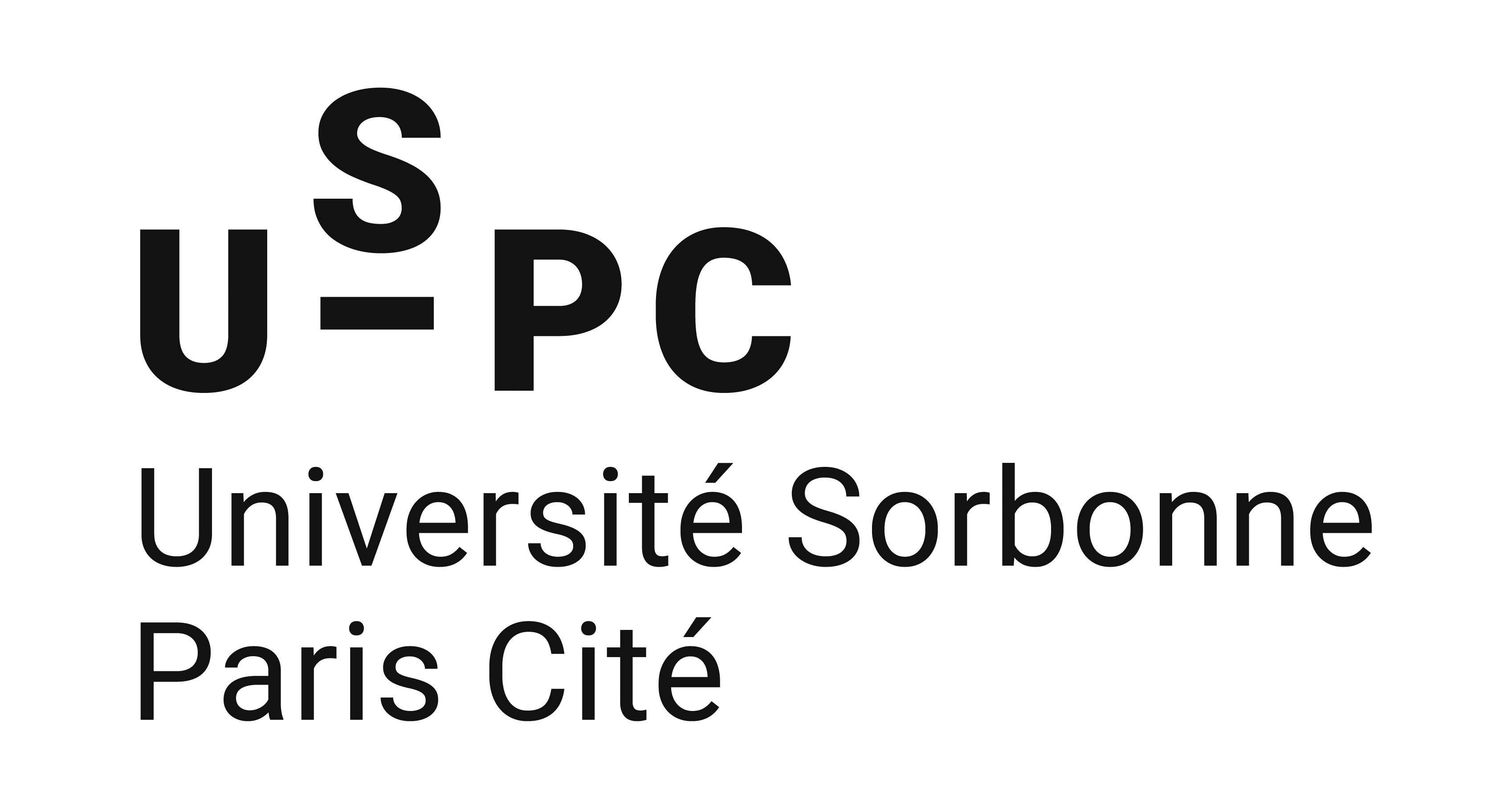Move or perish? Sticky mobilities in the Swiss academic context
Résumé
Abstract This article uses a context of increasing institutional demand to be geographically mobile to examine how early-career researchers move across borders. I explore the case of Swiss academia, a particularly competitive and attractive environment with the highest levels of inbound and outbound mobility in Europe. In line with the aims of the European Research Area, an EU programme created in 2000 to foster a pan-European academic labour market, Switzerland funds scientific mobility and promotes extended research trips abroad as tools to boost collaboration and research excellence. Therefore, Swiss institutions have valued mobility for professional and personal development. In the meantime, they have raised concerns about female academics not being mobile and the potential consequences of their local family ties on career inequalities. In this study, I explore how early-career researchers experience mobility and how their personal accounts challenge institutional definitions of being mobile or immobile. I draw on a qualitative analysis of 65 semi-structured interviews conducted for two EU research projects on early-career academics from various backgrounds. I show how empirical data question the traditional—and often gendered—mobile/immobile dichotomy. I also highlight how mobility practices are normalised by the interviewees. Moreover, using the concept of stickiness , I describe a subtle range of sticky-to-stretchy mobility experiences influenced by both structural and individual factors. Finally, through the figure of the geoccasional worker , I question romanticised visions of mobility and stress the need to reconsider mobility as a (gendered) precarity issue rather than as a female problem.
This article uses a context of increasing institutional demand to be geographically mobile to examine how early-career researchers move across borders. I explore the case of Swiss academia, a particularly competitive and attractive environment with the highest levels of inbound and outbound mobility in Europe. In line with the aims of the European Research Area, an EU programme created in 2000 to foster a pan-European academic labour market, Switzerland funds scientific mobility and promotes extended research trips abroad as tools to boost collaboration and research excellence. Therefore, Swiss institutions have valued mobility for professional and personal development. In the meantime, they have raised concerns about female academics not being mobile and the potential consequences of their local family ties on career inequalities. In this study, I explore how early-career researchers experience mobility and how their personal accounts challenge institutional definitions of being mobile or immobile. I draw on a qualitative analysis of 65 semi-structured interviews conducted for two EU research projects on early-career academics from various backgrounds. I show how empirical data question the traditional—and often gendered—mobile/immobile dichotomy. I also highlight how mobility practices are normalised by the interviewees. Moreover, using the concept of stickiness, I describe a subtle range of sticky-to-stretchy mobility experiences influenced by both structural and individual factors. Finally, through the figure of the geoccasional worker, I question romanticised visions of mobility and stress the need to reconsider mobility as a (gendered) precarity issue rather than as a female problem.
Origine :
Fichiers éditeurs autorisés sur une archive ouverte
Loading...
